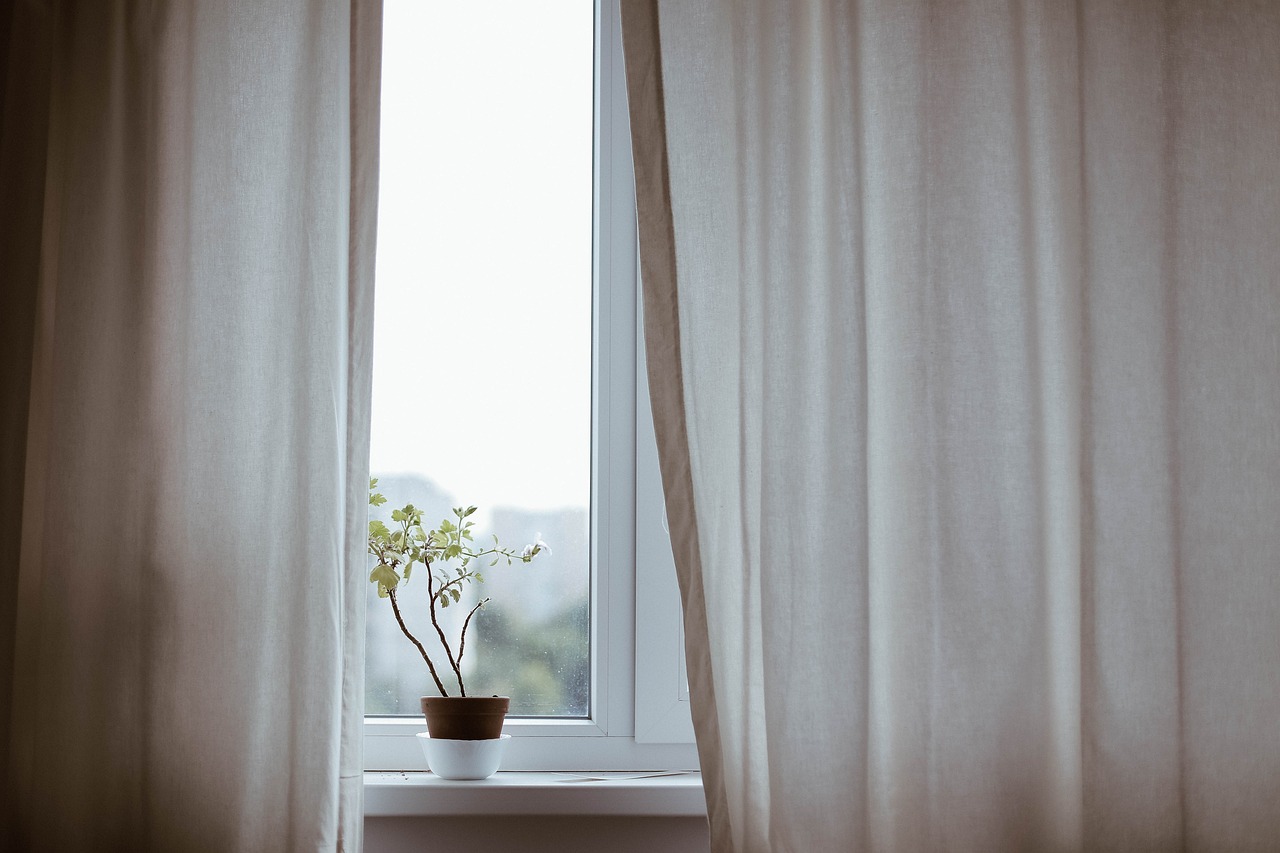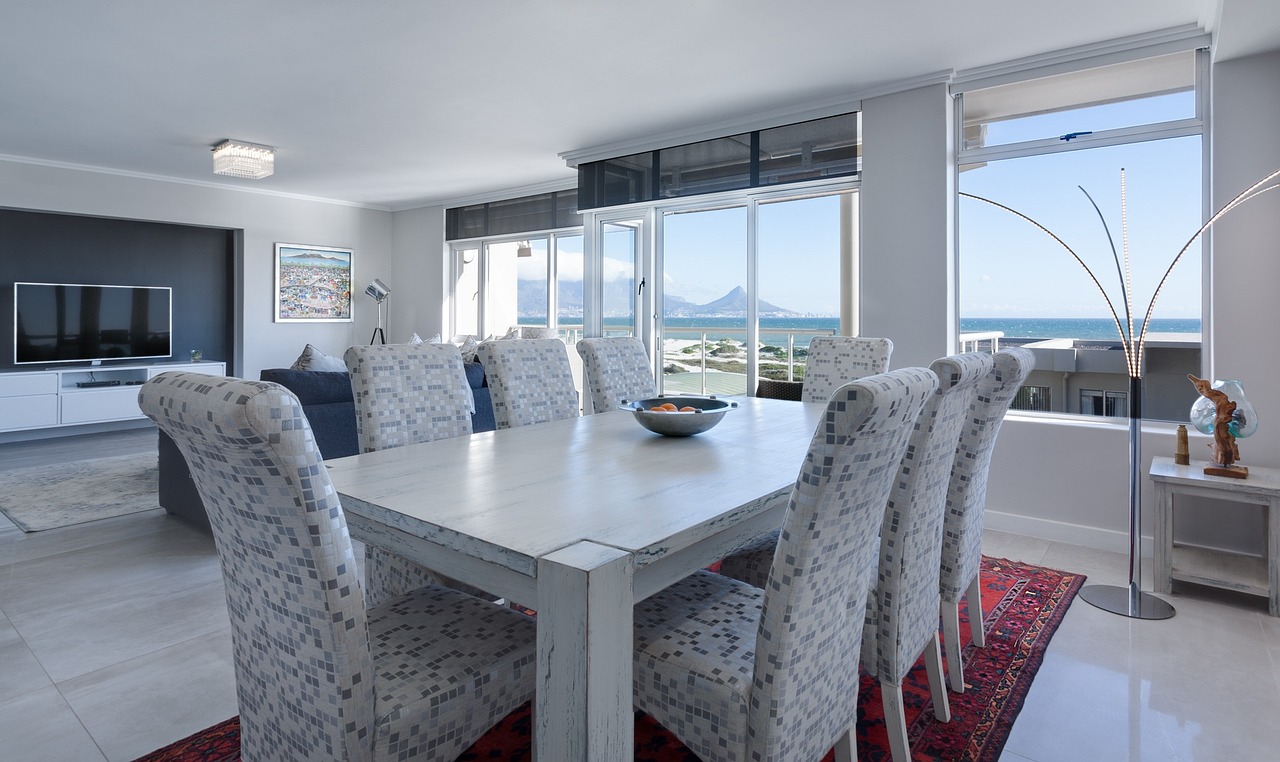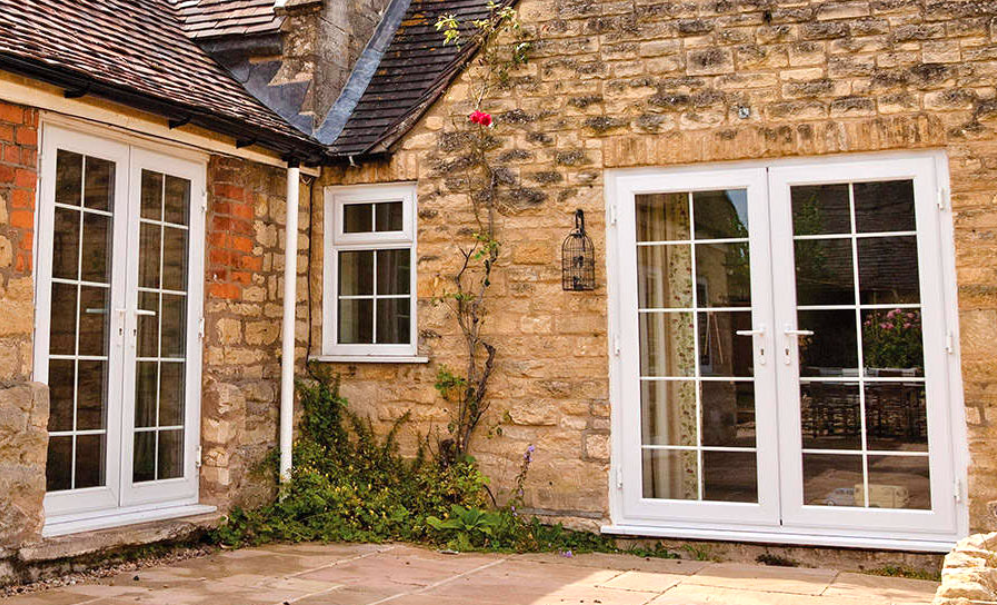Is It Time To Replace Your Windows?
Windows play a crucial role in our homes, providing natural light, ventilation, and a connection to the outdoors. They also contribute to energy efficiency and the overall aesthetic appeal of a house.
However, like any other component of a home, windows have a finite lifespan and may eventually need replacement. But what are the tell tale signs that it’s time to replace your windows, and how much should you spend on them?

Understanding the lifespan of windows
The lifespan of windows can vary significantly depending on various factors, including the type of windows, quality of installation, and maintenance. On average, well-maintained windows can last anywhere from 15 to 30 years.
uPVC windows
uPVC windows are favoured in the UK for their durability, energy efficiency, and low maintenance. They typically last around 20 to 25 years or more with proper care.
Wooden windows
Wooden windows, if properly cared for, can last between 20 to 30 years, however, they tend to need more regular painting and maintenance than uPVC models.
Aluminium windows
Aluminium windows are robust and corrosion-resistant. With proper maintenance, they can have a lifespan of 20 to 40 years.
Fibreglass windows
Fibreglass windows are highly durable and can last up to 50 years or more.
Single-pane vs. double-pane windows
Double-pane windows tend to last longer than single-pane windows due to their better insulation properties. They can last around 20 to 30 years.
Signs that your windows need replacing
While the average lifespan of windows provides a general guideline, the condition of your windows is the ultimate indicator of whether they need replacing.
Drafts and air leaks
If you feel drafts or notice air leaks around your windows, it's a clear sign that the seals are compromised and the windows are no longer providing proper insulation.
Condensation inside the glass
Condensation between the glass panes indicates a failed seal, reducing the window's energy efficiency.
Visible damage
Cracked or broken glass, rotting wood frames, or dented aluminium frames are all signs that your windows have reached the end of their life.
Difficulty in operation
Windows that are hard to open or close, or that don't stay in the desired position, may need replacement of hardware or the entire window.
Increased energy bills
If you've noticed a significant increase in your energy bills, it could be due to inefficient windows that are allowing heat or cold air to escape.
Noise infiltration
If outside noise is more pronounced inside your home, it may be time to upgrade to soundproof windows.
Fading furniture and flooring
If your furniture, carpets, or hardwood floors near windows are fading rapidly, it could be a sign that your windows are not blocking UV rays effectively.

Benefits of replacing your windows
Replacing windows that have reached the end of their life or are showing signs of deterioration offers several benefits.
Improved energy efficiency
New windows are designed with modern insulation technologies, reducing energy loss and helping you save on heating and cooling costs.
Enhanced comfort
Energy-efficient windows help maintain a consistent indoor temperature, reducing drafts and improving overall comfort.
Better security
Upgrading to newer windows often includes advanced locking mechanisms and stronger glass, enhancing your home's security.
Increased property value
New windows can boost your home's curb appeal and resale value, making it a more attractive option for potential buyers.
Reduced maintenance
Modern windows are designed for easy maintenance and cleaning, saving you time and effort.
Noise reduction
Soundproof windows can significantly reduce noise infiltration, creating a quieter and more peaceful living environment.
Factors to consider when replacing windows
When you decide that it's time to replace your windows, there are several factors to consider to ensure you make the right choice for your home.
Window style and design
Choose windows that complement the architectural style of your home and match your aesthetic preferences.
Energy efficiency
Look for windows with high energy efficiency ratings, such as ENERGY STAR® certified products, to maximise savings on energy bills.
Material selection
Consider the material of the window frames and sashes. At Flying Doors, our uPVC windows feature 70mm Steel Reinforced Eurocell PVCu profiles for durability. They are also filled with 90% Argon Gas double glazing, providing excellent insulation and energy efficiency.
Installation quality
A proper installation is critical for the performance and longevity of your new windows. Hire experienced professionals for the job.
Budget
Determine your budget for window replacement and explore options that fit within your financial constraints.

How do I know if my windows need replacing?
If you're still unsure whether your windows need replacing, consider conducting a thorough practical inspection of your home's windows.
To practically check if your windows need replacing, start with a visual inspection of each window in your home. Look for signs of damage, decay, or visible wear and tear on the frames and sashes.This is the best way to initially check that your windows need replacing just by looking at them.
Another useful tip is that on a windy day, you can hold a candle or a lighter near the edges of your windows to check for drafts. If the flame flickers, there's likely a draft. You can also inspect the glass for condensation between the panes, as this indicates a broken seal - just be sure to check for signs of moisture or water damage on the frames too.
To assess the ease of operation, open and close each window to see if they operate smoothly; windows that are difficult to operate may need replacement hardware or a full window replacement. The last tip to check if your windows are losing you precious heat through inefficient or faulty windows, review your energy bills over the past year or two. If you've noticed a consistent increase in costs, inefficient windows may be the culprit, and it may be time to replace them.
You should have no problems deciding if your windows need replacing yourself, but if you are having doubts about whether or not they need replacing, consider hiring a professional window contractor to perform a detailed assessment. They can provide expert guidance on the condition of your windows and recommend appropriate solutions before you spend money unnecessarily on replacement windows.
How much does it cost to replace my windows?
The cost of replacement windows can vary depending on factors such as the number of windows needed, the chosen material, and the window style.
In the UK, the cost of windows varies based on the quantity. For 8 windows, it ranges from £1,200 to £3,600, averaging £1,800 - but this figure can vary based on the material you decide to choose.
At Flying Doors, we offer a wide range of customisation options, allowing you to tailor the size and design of your windows to suit your specific needs and preferences. Our prices start at just over £200 (for a 300mm x 300mm square uPVC window), and with our handy online tool, you can easily input your desired specifications and receive an instant quote, simplifying the window selection process and ensuring transparency in pricing.
Quality windows from Flying Doors
Experience the difference from Flying Doors with our meticulous craftsmanship, tailored designs, and secure delivery, all dedicated to ensuring the flawless arrival of your windows.
What's more, our steadfast dedication is further reinforced by a reassuring 10-year guarantee, giving you the confidence and peace of mind to finalise your purchase today.
Get in touch with us to find out more today.